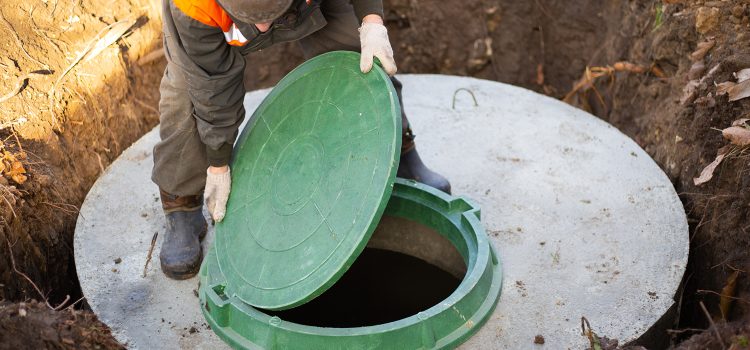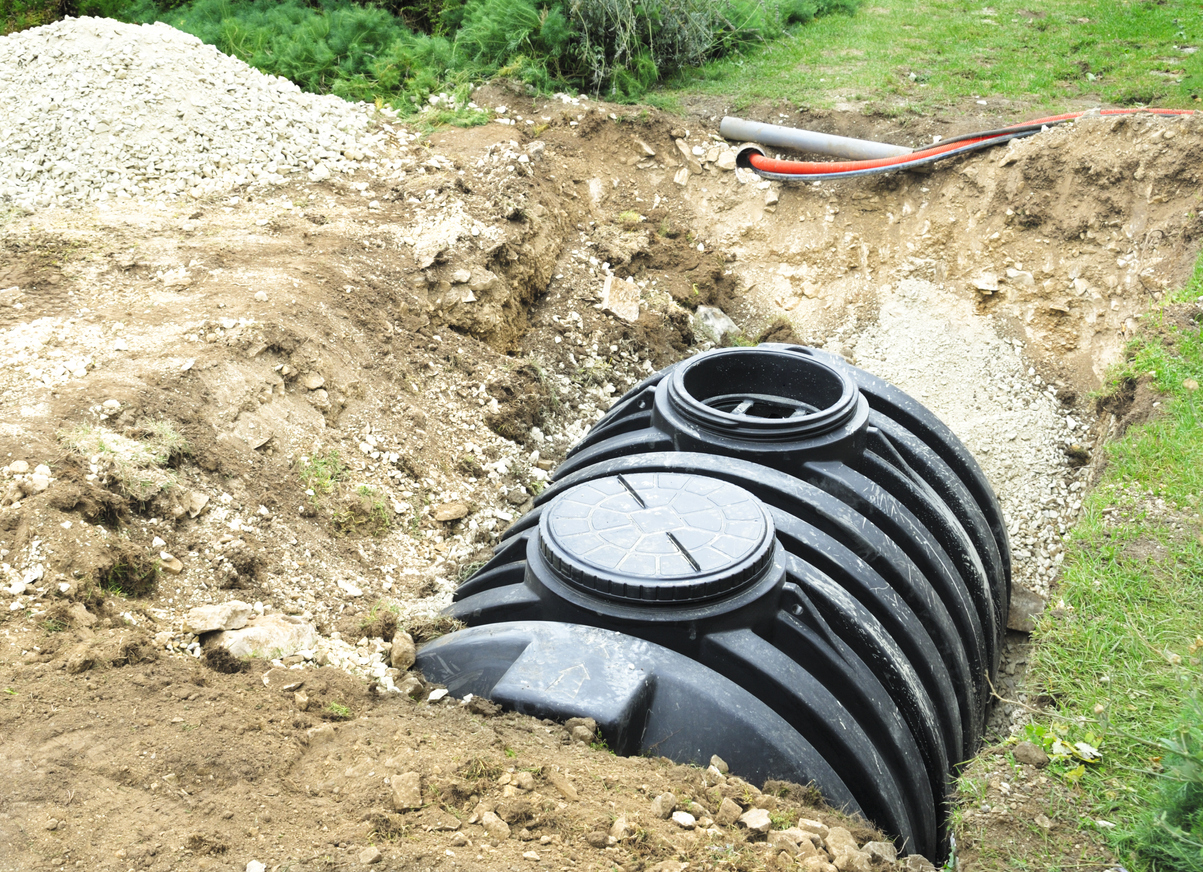
Septic tanks are a necessary component of many residential properties, particularly in places with restricted access to municipal sewer systems. These underground wastewater treatment systems collect, treat, and dispose of domestic sewage. Septic tanks have been used for decades and are regarded as a solid method for handling home wastewater; nonetheless, there are concerns about their safety and environmental effect. This essay will go through how septic tanks work, their benefits and drawbacks, and the worries about their safety as a feasible choice for households.
Understanding Septic Tanks
 A septic tank is a huge, waterproof container that is buried in the ground near a house. It is usually built of concrete, fiberglass, or polyethylene and is linked to the home’s plumbing system. The septic tank separates solid waste from wastewater. Solids settle in the bottom of the tank, forming a layer of sludge, while oils and greases float to the top, forming a layer of scum. The intermediate liquid, known as effluent, is then released into a drain field for further treatment.
A septic tank is a huge, waterproof container that is buried in the ground near a house. It is usually built of concrete, fiberglass, or polyethylene and is linked to the home’s plumbing system. The septic tank separates solid waste from wastewater. Solids settle in the bottom of the tank, forming a layer of sludge, while oils and greases float to the top, forming a layer of scum. The intermediate liquid, known as effluent, is then released into a drain field for further treatment.
Benefits of Septic Tanks
Septic tanks are self-contained, which is one of their key advantages. Homes with septic tanks, as opposed to those linked to municipal sewer systems, have more control over their wastewater management. This is especially useful in rural or distant places when municipal sewage services are not accessible. Septic tanks can provide long-term cost savings since they do not require monthly sewer costs.
Moreover, septic systems may be customized to meet the individual requirements of a household. Septic tanks can be designed to fit either a small house or a bigger property. This tweak improves efficiency and prevents the system from being overloaded. Furthermore, septic tanks may have a lengthy lifespan if properly maintained and cared for, spanning several decades.
Concerns About Safety
While septic tanks are typically safe and effective, there are some issues to consider. One major source of worry is the possibility of groundwater pollution. Contaminants from wastewater can seep into the surrounding soil and potentially reach groundwater sources if a septic system is not properly maintained or if there are problems with the tank or drain field. This can endanger both human health and the environment.
Another source of worry is the emission of hazardous gases. Septic tanks emit gases such as methane and hydrogen sulfide, which can be dangerous in large doses. To avoid gas accumulation and protect the safety of the occupants, adequate ventilation and frequent examination of the tank’s ventilation system are required.
Best Practices and Maintenance
 Proper maintenance is essential for ensuring the safe and effective operation of a septic system. Regular septic tank pumping is required to remove accumulated sediments and avoid blockages. Pumping frequency is determined by parameters such as tank size, household size, and water demand.
Proper maintenance is essential for ensuring the safe and effective operation of a septic system. Regular septic tank pumping is required to remove accumulated sediments and avoid blockages. Pumping frequency is determined by parameters such as tank size, household size, and water demand.
Furthermore, limiting the influx of hazardous compounds into the septic system is critical. Harsh chemicals, excessive grease, pharmaceuticals, and non-biodegradable items should be avoided since they can disturb the tank’s natural biological processes and impair its performance.
Conclusion
Septic tanks may be a safe and practical choice for wastewater treatment in houses, especially in places where public sewage lines are unavailable. They provide benefits including cost reduction, adaptability, and control over wastewater treatment. It is, nevertheless, critical to address the concerns about their safety and environmental impact. Septic systems must be properly maintained, inspected on a regular basis, and used responsibly to ensure their continuous operation and safety. If you are thinking about installing a septic tank in your house, contact a competent septic system installation and follow the best practices to guarantee a safe and effective wastewater management solution.


